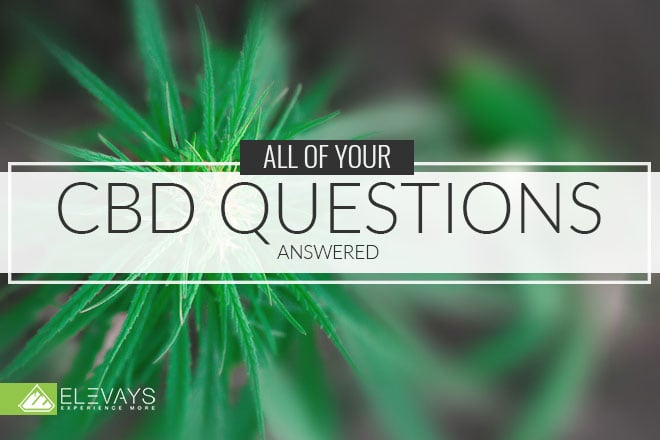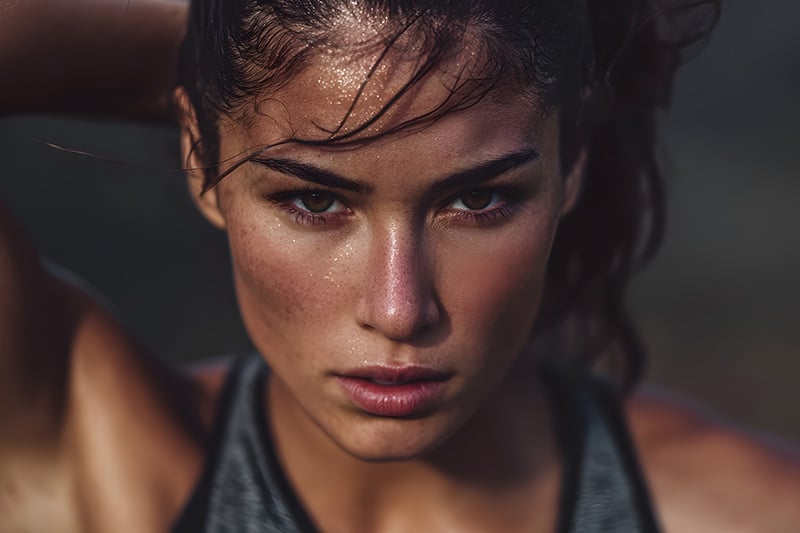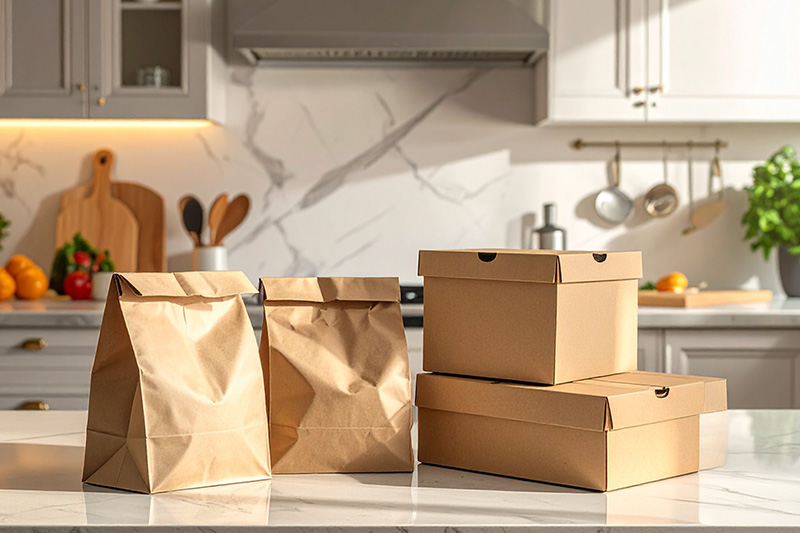It’s everywhere: your cousin is tweeting about it, your mom is texting you about it, and the police still don’t know how it works. CBD is taking the wellness world by storm and you’re wondering if you should jump on the train.
We were lucky enough to ask an expert, Meg Kramer, all the CBD questions you have circling in your brain. So grab a cup of coffee and take a seat, this is your ultimate answering guide to all things CBD. Spoiler: we’re on board.
Q: Who are the CBD Hackers?
At CBD Hacker, our mission is to bring transparency to the CBD industry and to be the most comprehensive source for information about CBD.
We have a great team of writers, each of whom bring different kinds of experience and expertise to the table.
Right now, our contributors include a registered nurse and a certified nutritional therapy consultant/certified personal trainer, as well as health and science writers who specialize in writing about cannabis.
Personally, my background is in writing about health, science, and technology. As the managing editor of CBD Hacker, I’m responsible for ensuring that we provide accurate, accessible, and useful information for consumers.
Q: What is CBD?
CBD, or cannabidiol, is a substance found in cannabis plants. It belongs to a group of chemicals known as “phytocannabinoids.” They behave similarly to chemicals known as “endocannabinoids,” which the body produces naturally. Remember those terms, because they’re going to come up again later.
Scientists first isolated CBD in the 1940s, and its structure was determined in the 1960s, but researchers have only recently begun to study its potential benefits on a large scale.
That’s because widespread cannabis prohibition around the world has made research difficult. Fortunately, changing attitudes are making it easier to conduct studies and gather more evidence about potential applications for CBD and other cannabinoids.
So, what do we know about CBD so far? We’re still learning about exactly how CBD works in the body. But in broad strokes, research has established that CBD has the following properties:
- Antioxidant
- Anti-inflammatory
- Anti-anxiety
- Neuroprotective
- Non-intoxicating
So, how can one plant compound have such a broad spectrum of effects? The answer may lie with a newly discovered and little-understood system of chemicals and receptors in the body. This network is called the “endocannabinoid system,” and it’s found in most animals on the planet.
In humans, endocannabinoid receptors can be found in many different parts of the body, including in our organs, connective tissues, glands, immune cells, and brain.
As a phytocannabinoid, CBD has a counterpart in the human body. It appears to behave similarly to an endocannabinoid called 2-Arachidonoylglycerol, or 2-AG. CBD has also been found to interact with the neurotransmitters serotonin and glutamate, which affect learning, memory, and sleep.
The current body of study on CBD suggests that it has the potential to be incorporated into treatments for a huge range of conditions because it interacts with systems that affect everything from metabolism to mood.
Q: How do you use CBD?
There are several types of products on the market right now, and creative brands are coming up with new ideas all the time. (We just saw a promo for CBD-infused toothpicks this week!)
There really isn’t a lot of research comparing the efficacy of different methods. Right now, brands are typically drawing on research for other types of supplements and medications when they say that one delivery method is more or less effective than another.
That said, the most popular way to use CBD is, by far, sublingual oil drops. This involves holding the oil under your tongue to be absorbed by the blood vessels in the mouth so that it can enter the bloodstream without having to go through the digestive system.
Capsules, edibles, and vape products are also very popular right now. When you’re trying to decide what kind of product to use, you should consider how long it will take to kick in, and how long you need the effects to last.
For example, we tend to see people who use CBD for anxiety choosing fast-acting methods like vaping or sublingual oil drops. Longer-lasting but slower onset methods like capsules tend to be popular with consumers who are using CBD for chronic pain.
Q: Who can CBD help?
Some of the conditions that have the most scientific support so far are seizures, anxiety, neuropathic pain, and sleep-related issues. But there are a lot of potential applications. We’re learning more every day.
It’s also increasingly popular to use just as a general “wellness” supplement, although it’s unclear whether there’s any real benefit associated with very low doses.
Based on our current understanding, CBD has a good safety profile with few side effects and a low risk of adverse drug-drug interactions at typical doses. So it’s worth a try if you think that it might help you.
Q: What should someone expect when taking CBD?
Many people are surprised when they try CBD for the first time because unlike products that contain higher quantities of THC, it doesn’t cause the mind-altering effects that we typically associate with cannabis.
For some people, the most noticeable effect is the absence of pain or anxiety. Others report a sense of calmness or wellbeing.
At typical doses, adverse side effects seem to be rare. But when they happen, they tend to include drowsiness, headaches, and diarrhea. Some people find that they experience side effects with some brands or delivery methods, but not others.
Q: What does someone want to look for when purchasing CBD?
Hemp is a bioaccumulator that does a great job of cleaning soil by absorbing whatever is present there. But if what’s present in the soil is lead or pesticides or other poisonous stuff, the hemp absorbs that, too.
And the chemical fertilizers that many conventional growers use grow their hemp contributes to harsh and unwanted toxins.
That’s why it’s so important to choose a CBD brand that is transparent about their hemp sourcing.
Certified organic hemp is the gold standard, but the shifting legal status of hemp in the US has posed a challenge for growers who would qualify for organic certification.
Right now, we’re aware of only two brands that have qualified for USDA organic certification, which means that they can legally use the organic seal on their products.
There are other brands that we believe are using high-quality hemp, even though they don’t hold an organic certification. Look for companies that will provide third-party lab results that show that they are testing for heavy metals and pesticides.
Another thing to look for, especially for new CBD users, is whether or not a brand offers a consumer-friendly return policy. Several of the leading brands now offer a 30-day satisfaction guarantee. This gives you time to try the product and find out whether it works for you.
Q: What CBD brands do you recommend?
We just updated our CBD oil ranking for this year here: https://www.cbdhacker.com/best-cbd-oil/
This was a huge project; we sent out samples to a third-party lab for potency testing, conducted blind taste tests, researched each company’s sourcing and transparency practices, and contacted their customer service reps to see how they handle inquiries.
And we have an ever-expanding list of CBD companies that we’ve vetted here: https://www.cbdhacker.com/category/buy-cbd/cbd-companies/
Final Thoughts
Now that you have your most pressing CBD questions (and questions you didn’t even know you had) answered, are you excited to give CBD a try?! After getting expert recommendations- where will you begin? What will you harness the powers of CBD for? Let us know in the comments below!









Thank you so much for all the wonderful insights within your articles. The Information is current with all of the new research that has been provided within the past 10 years. You site is extremely helpful for trying to live a healthy lifestyle.
Hi there! Our goal is to be the best resource for living a healthy lifestyle, so we are thrilled that you’re loving our articles and are finding them helpful!
CBD for the win!
This is phenomenal! Industry know-how really helps the group grow as a whole!